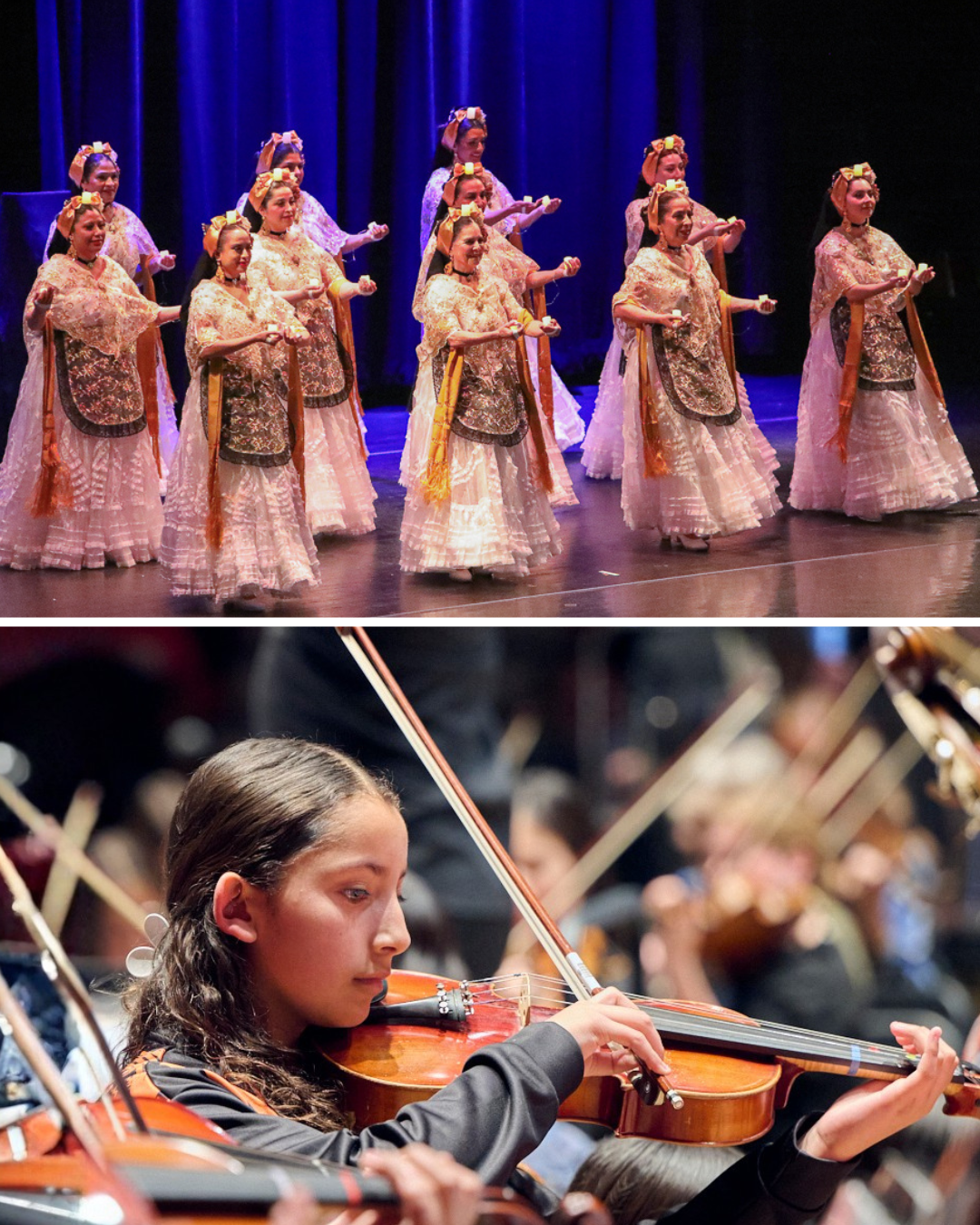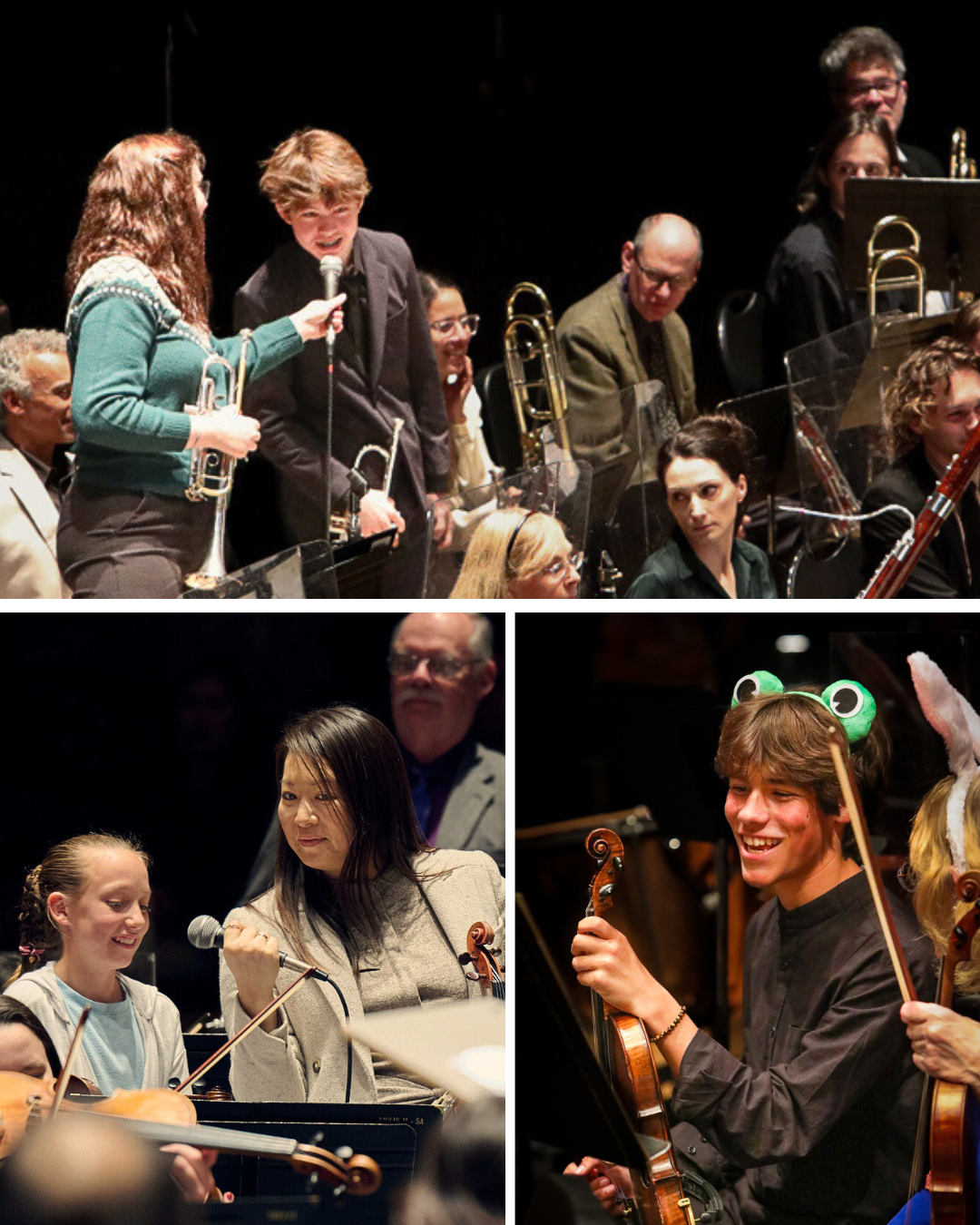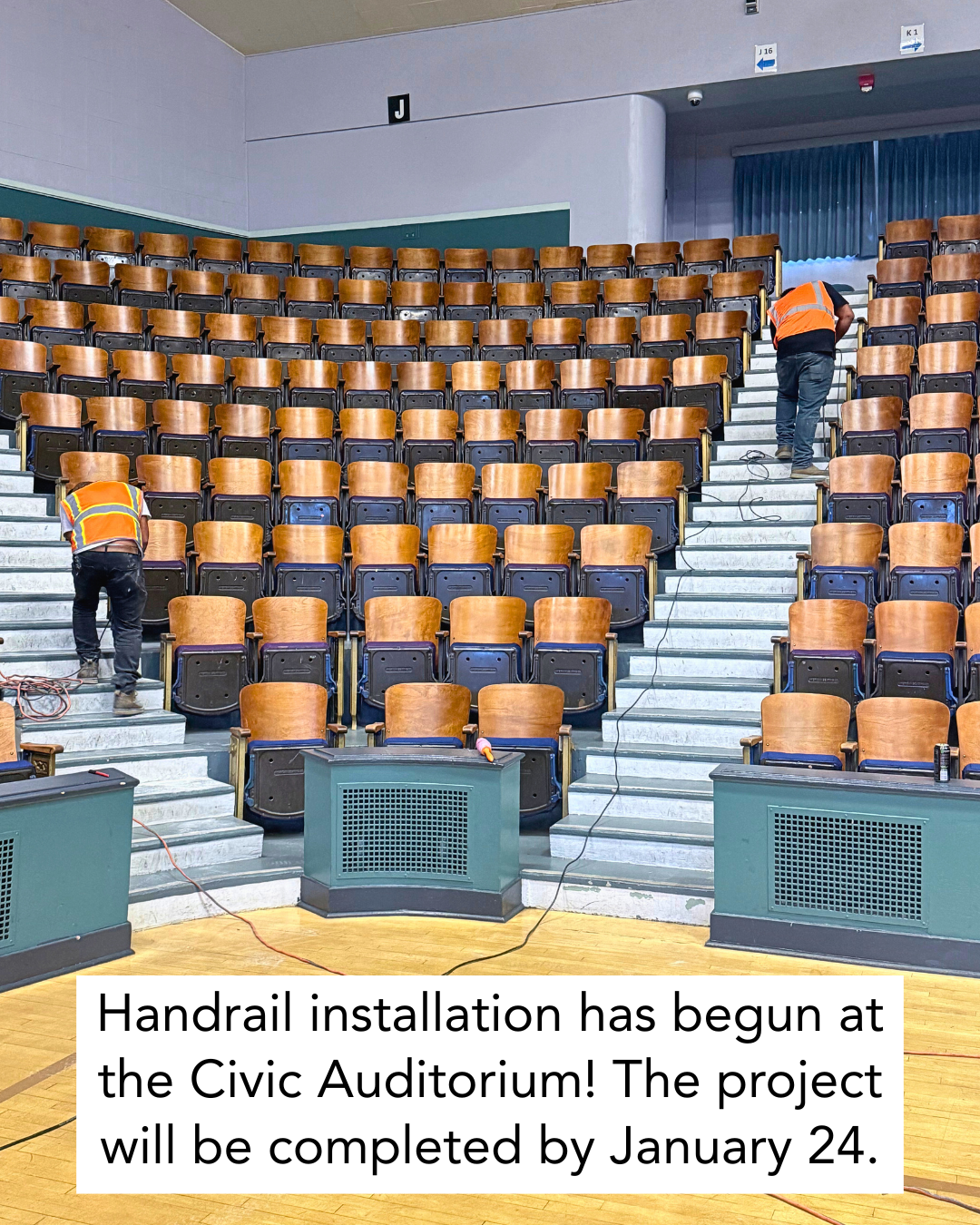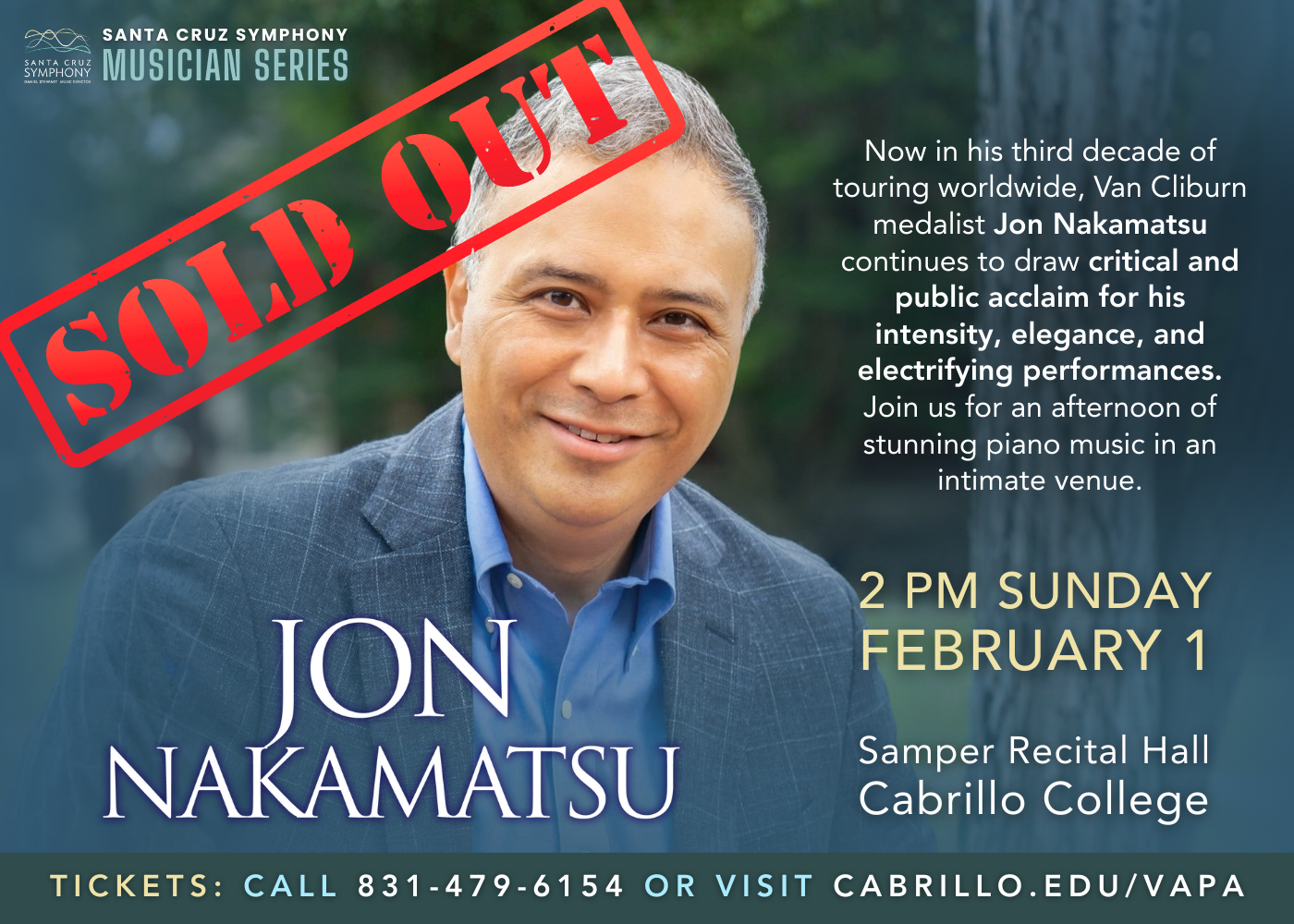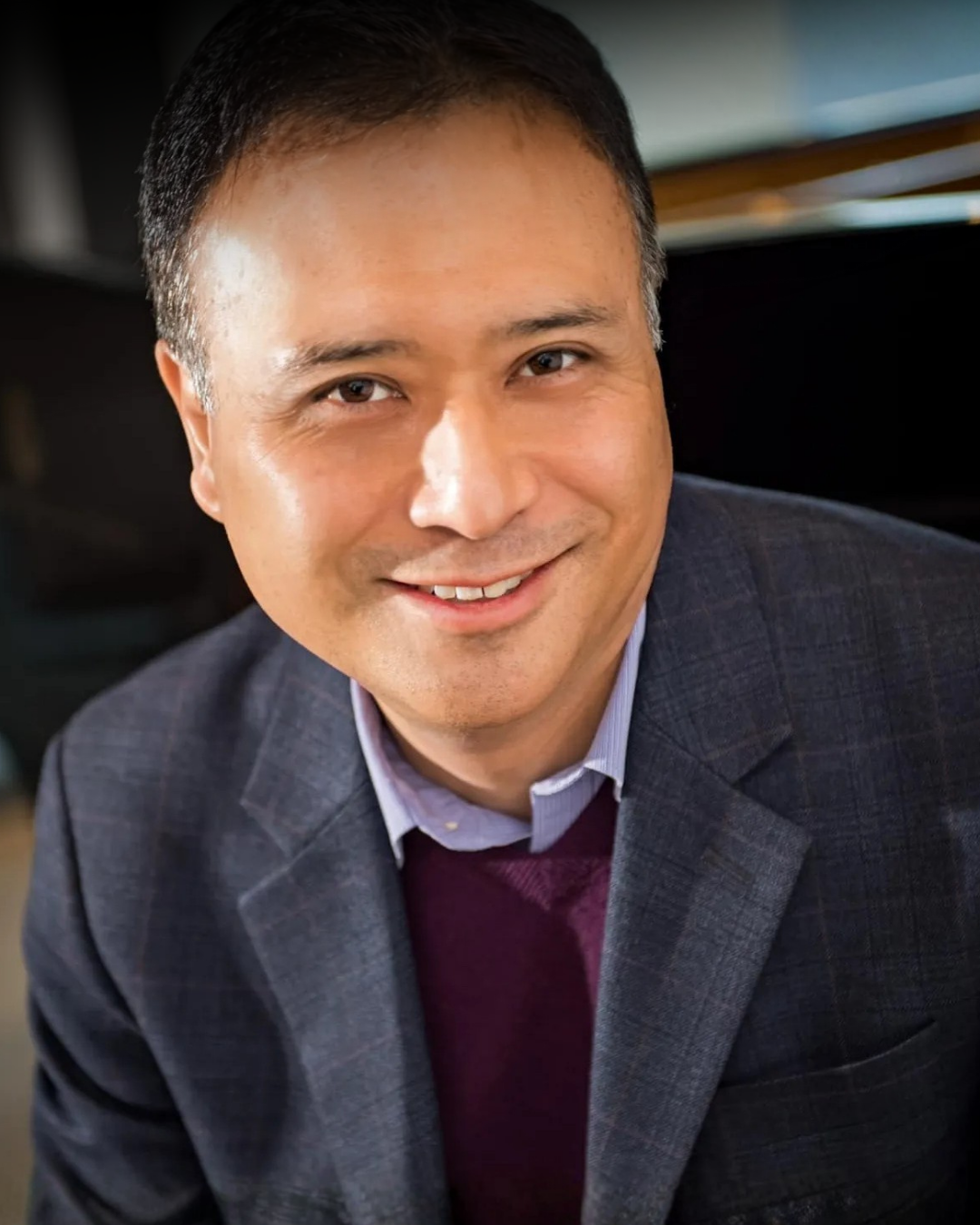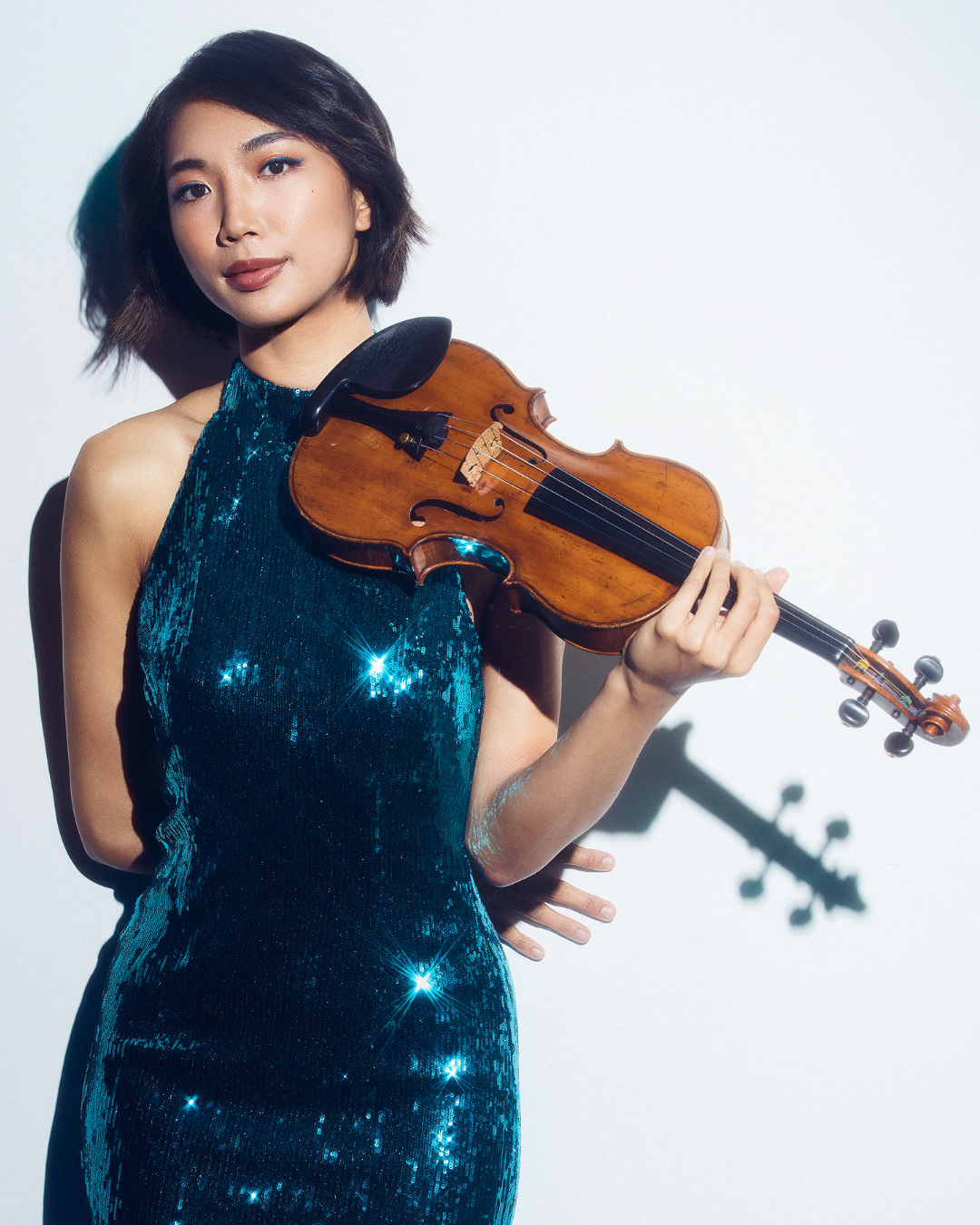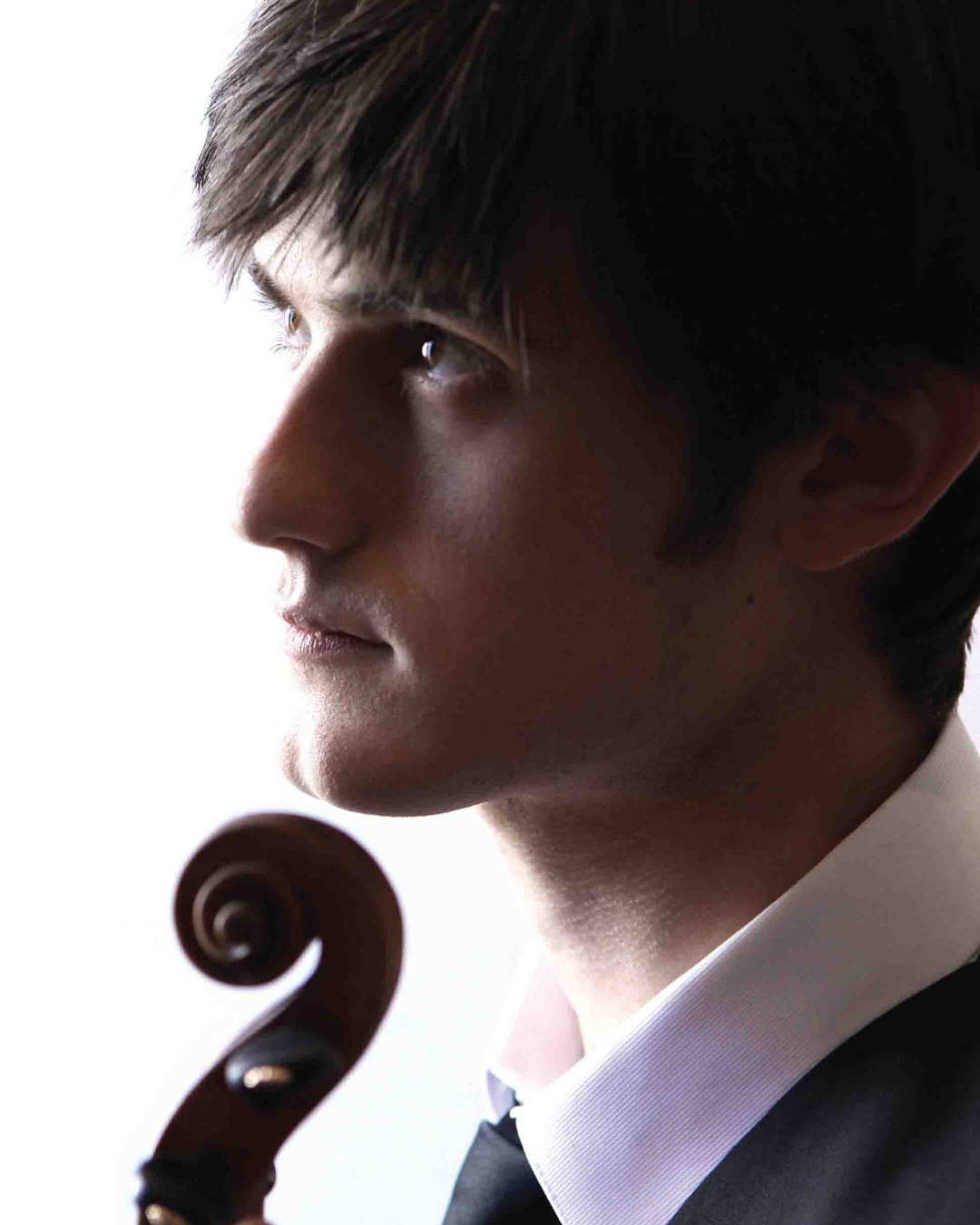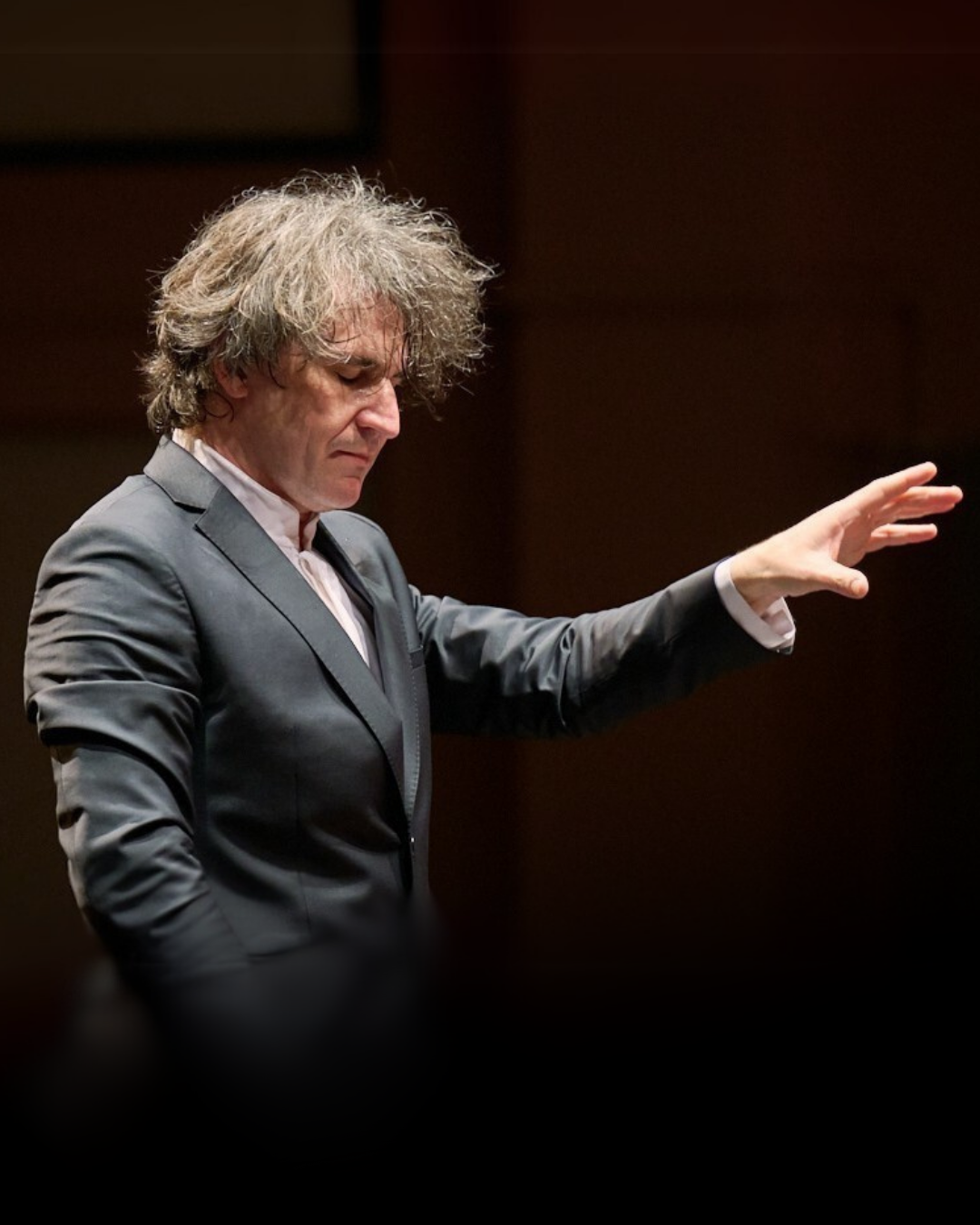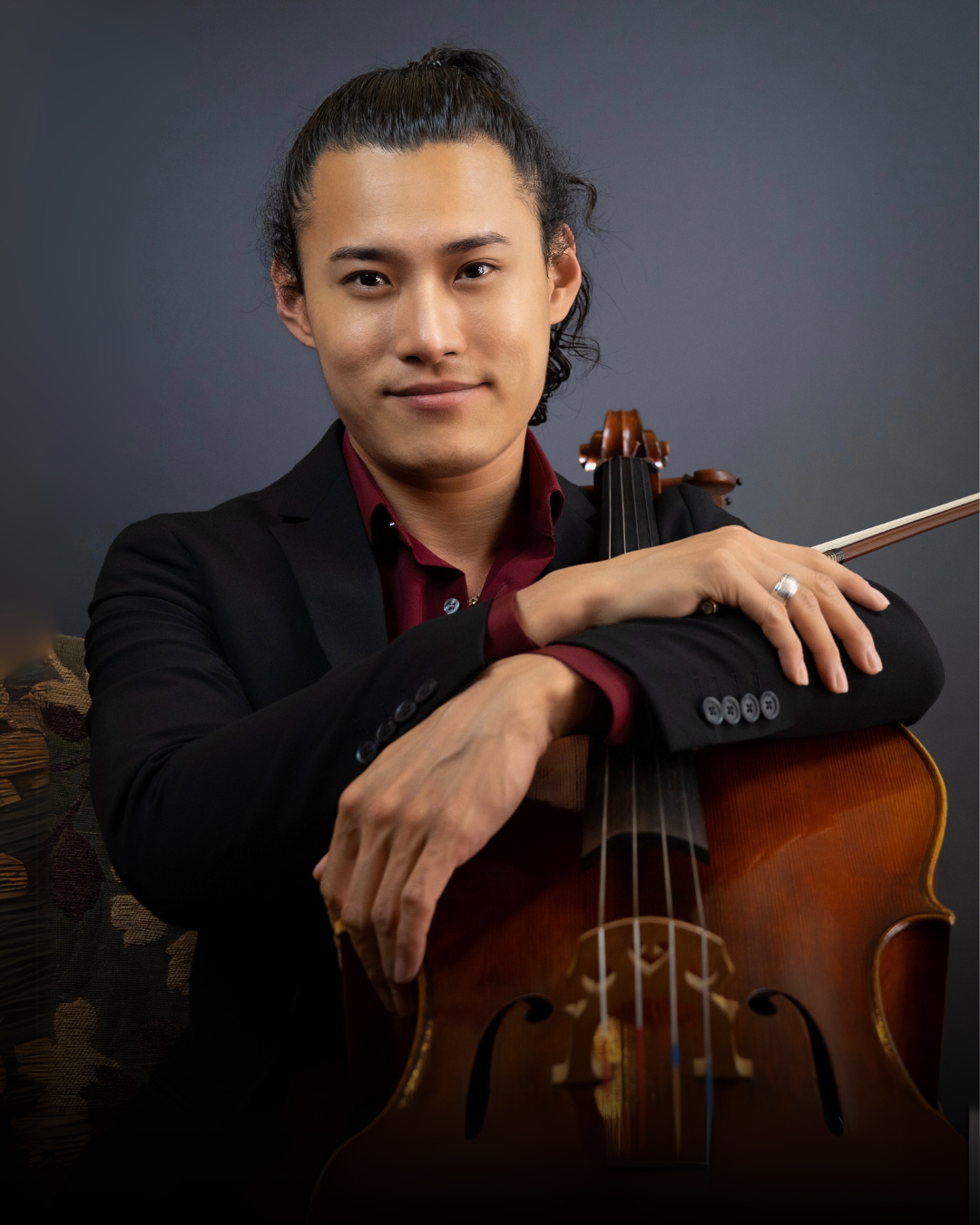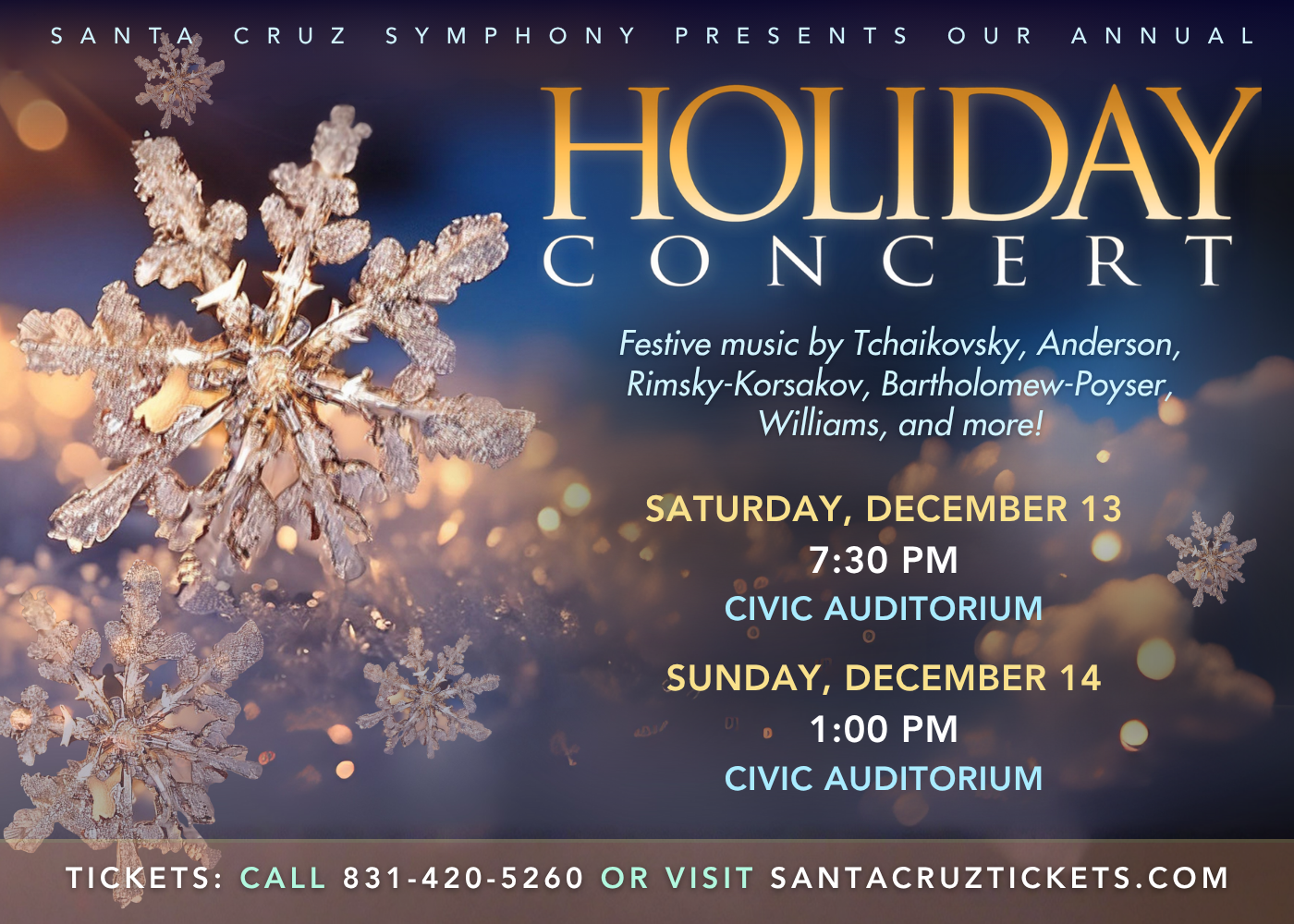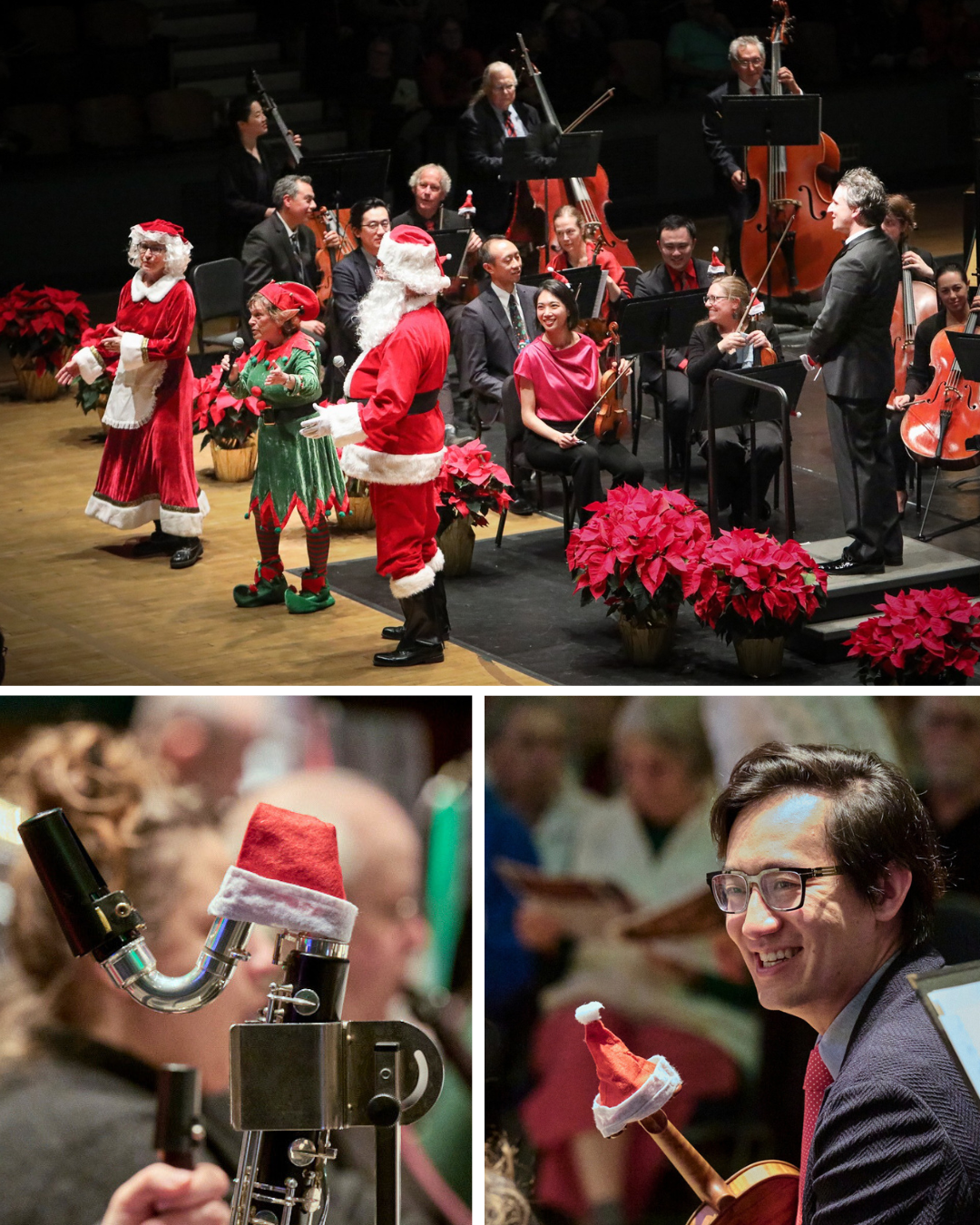Want to experience the Symphony with your family? Bring them to our Family Concert!
On Sunday, March 1, join Maestro Daniel Stewart, beloved Master of Ceremonies Omari Tau, Santa Cruz Symphony, Santa Cruz County Youth Symphony, Cabrillo Youth Chorus, El Sistema, Kuumbwa Jazz Honor Band, International Academy of Dance, and Esperanza del Valle Folklórico for our annual Family Concert. You may even know some of the performers!
This is the perfect way to enjoy an affordable family outing as Santa Cruz Symphony presents Camille Saint-Saëns' The Carnival of the Animals alongside these community partners in the arts.
Sunday, March 1 at 2:00 PM
Civic Auditorium in Santa Cruz
SPECIAL LOW PRICING FOR FAMILIES!
Our Family Concert is the finale of weeks of incredible educational experiences that reach more than 5,000 students, plus their teachers and parents, in Santa Cruz County and beyond.
Santa Cruz Symphony is a partner orchestra with Carnegie Hall for its Link Up program, in which students grades 4–5 at over 50 schools learn to sing and play an instrument in their classrooms.
This year, kids discover the elements that contribute to that magical moment when musicians start to swing in a program called The Orchestra Swings. Though swing is characteristic of jazz, an orchestra can also swing!
During the week before the Sunday Family Concert, we offer a series of rousing weekday Youth Concerts where students from local schools bring their instruments and voices to perform from their seats with Santa Cruz Symphony.
For many students, this is their first time experiencing live orchestral music.
Finally, at the Family Concert on Sunday, March 1, the whole community has the opportunity to see and hear this year's Link Up program (the same energetic repertoire from our Youth Concerts!) performed by Santa Cruz Symphony and our community partners, followed by the timeless classic The Carnival of the Animals.
After the concert, kids get the chance talk to Symphony musicians and hold real musical instruments at the Instrument Petting Zoo!
The Family Concert is a vibrant musical event with entertainment for all ages. Bring the kids—we promise they'll love it, and so will you!
Sunday, March 1 at 2:00 PM
Civic Auditorium in Santa Cruz
These sponsors make our education INITIATIVES possible. Thank you! 🫶
Major Program Sponsor: Monterey Peninsula Foundation
Program Sponsor: The Joseph & Vera Long Foundation
Concert Sponsors: Lee & Emily Duffus; Santa Cruz County Office of Education; Scharf Investments
Concert Co-Sponsors: Catharine & James Gill; Marie & Kent Imai; Rotary Club of Santa Cruz




